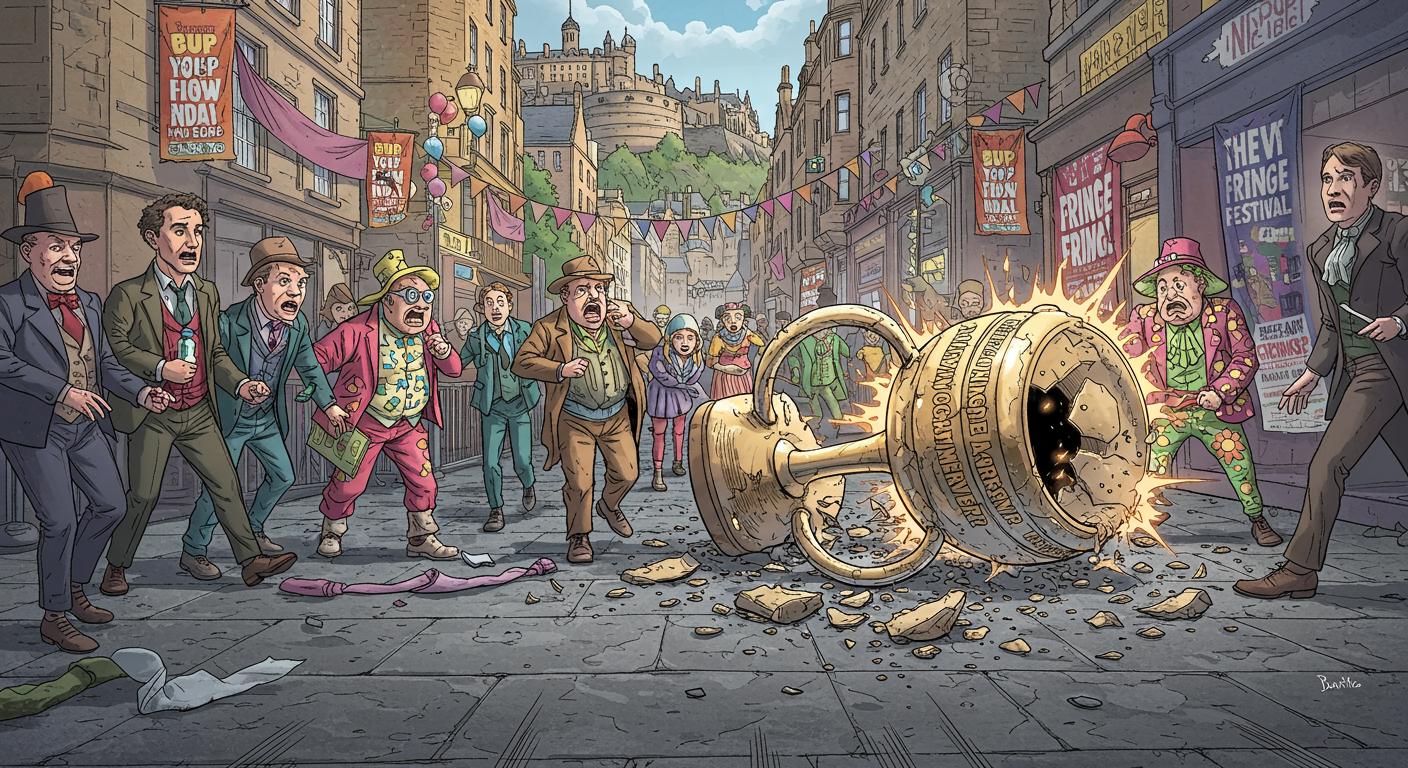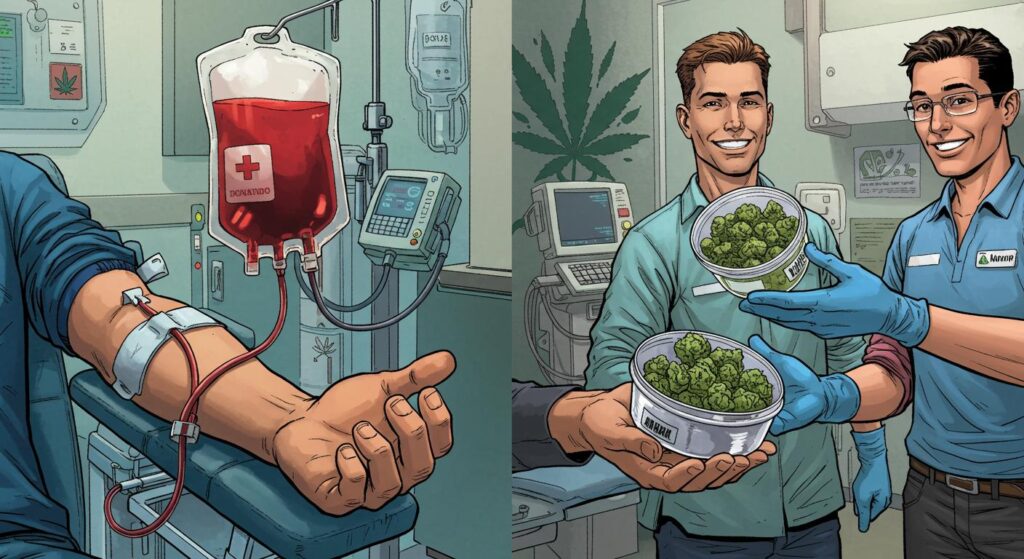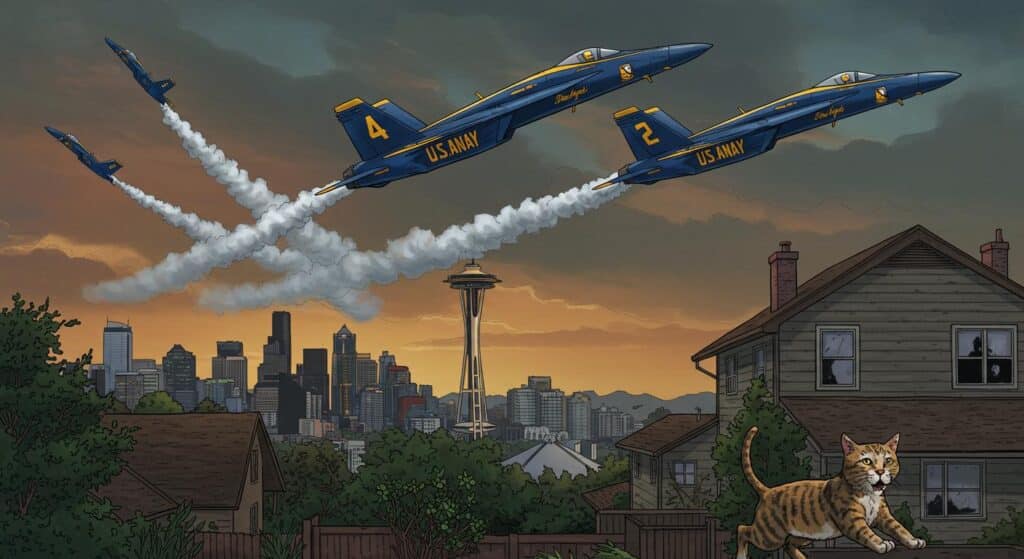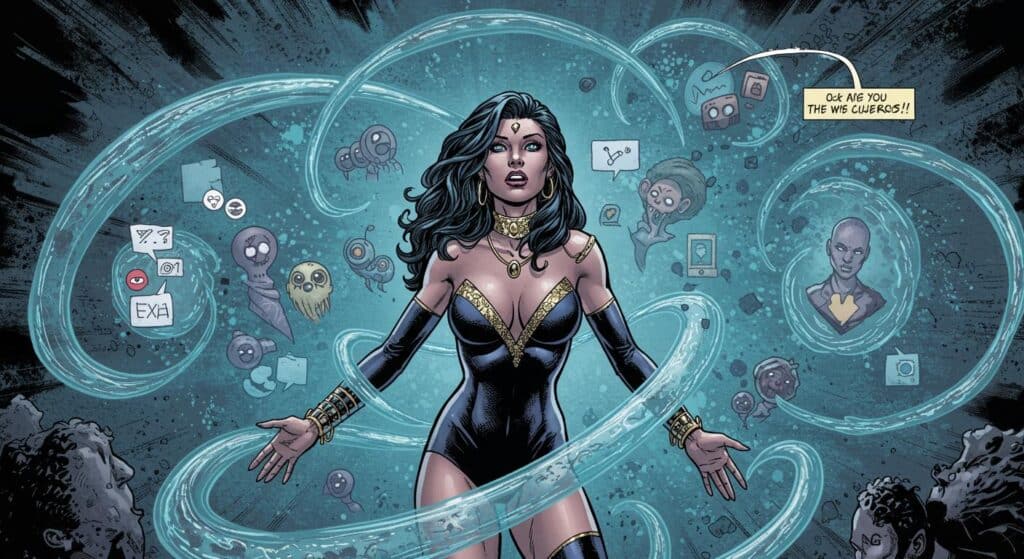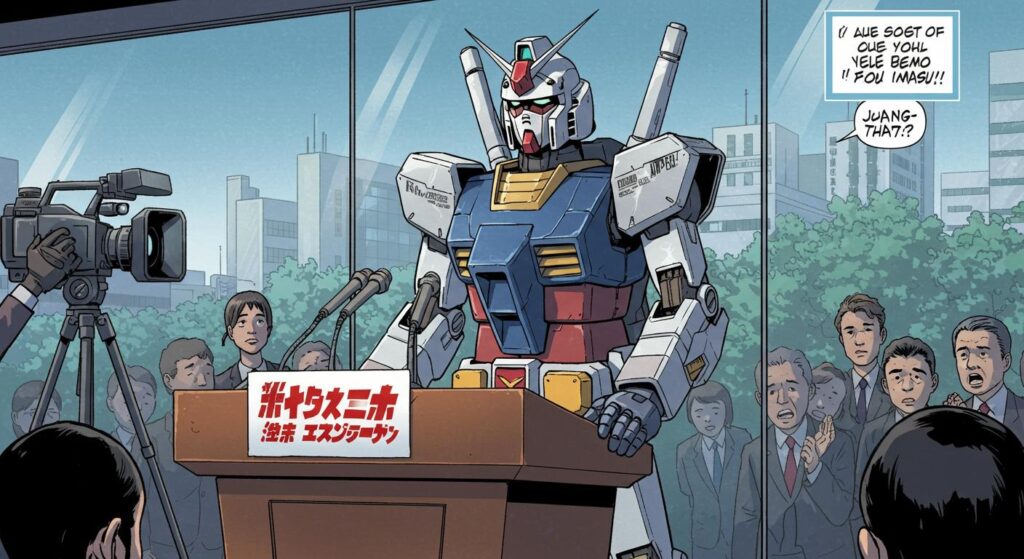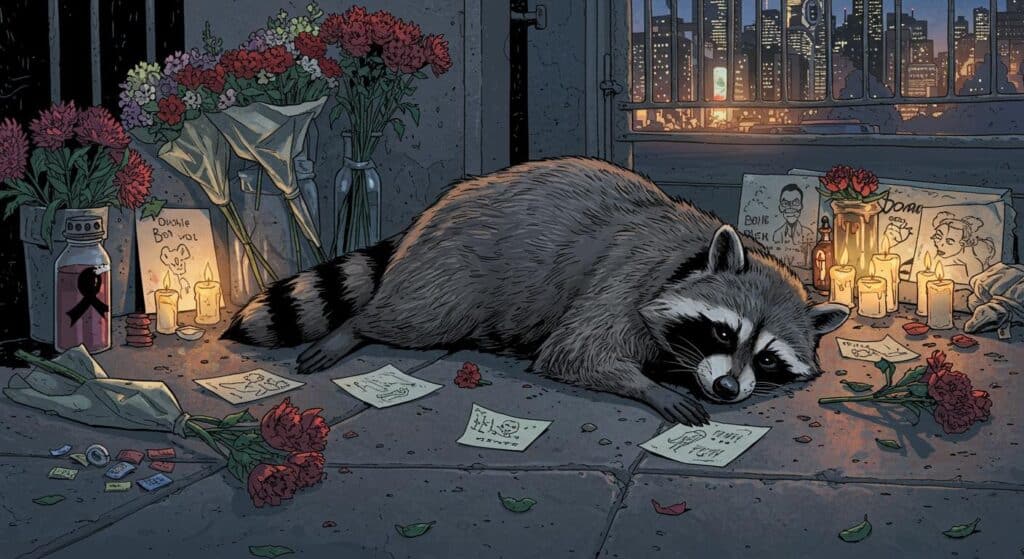If you listen closely, you can almost hear the collective groan of pun enthusiasts echoing across the UK. After seventeen years supplying headline-friendly one-liners, the annual Funniest Joke of the Fringe award at Edinburgh has been—well, not canceled, but, as The Guardian reports, gently packed away for 2025. TV channel U&Dave (formerly just Dave, a modestly punchy name for a comedy broadcaster) confirmed that this year, there’s to be no official crowning of the festival’s king or queen of zingers.
Behind the Curtain: Why Axe the Award?
The annual rite, which debuted in 2008 and only took time off during the pandemic, has long distilled the Fringe’s chaos into a shortlist of one-liners, sourced by critics and comedians, then anonymized for the judgment of 2,000 festival-goers. As the BBC details, UKTV (owner of U&Dave) explained the hiatus as an opportunity to “reflect on how we continue to support comedy in the best way possible” while their commissioning evolves. In the company’s statement, also highlighted by The Independent, they stressed an ongoing commitment to “championing great comedy across U&Dave and beyond,” though specifics were in short supply.
The format, while reliably populating August headlines with groan-worthy wordplay, has also drawn skepticism for its narrow focus. “By suggesting that the immeasurable range of Edinburgh comedy can be captured by these few words on a printed page, it sells the wild world of comedy short,” The Guardian’s comedy critic Brian Logan wrote back in 2012, a sentiment echoed more recently by The Independent’s Ryan Coogan, who described the shortlisted gags as reading like “they were rejected from a discount Christmas cracker.” Perhaps after all these years, the joke finally aged out of the pack.
Yet, one can’t ignore the peculiar affection many held for the yearly batch of puns. They were democratic, crowd-approved, and—more often than not—a reminder that even the cheesiest of jokes can, with enough repetition, become oddly endearing. Are we losing a communal cringe as much as a celebration?
Legacy of the Groan
Exposure from the contest could be substantial for newer comics. The BBC notes that the award’s stated purpose was to shine a light on grassroots talent, and the list of victors is telling: three-time winner Masai Graham, two-time champ Tim Vine, shortlist regular Olaf Falafel, and more recently Lorna Rose Treen, who in 2023 became just the second woman to claim the punny prize. Her winning line—“I started dating a zookeeper, but it turned out he was a cheetah”—swept into social media feeds and, Treen recounted to The Guardian, turned her live performances into something akin to a rock concert: “An audience member shouted along… It was like I was a band!”
Mark Simmons, last year’s winner, summed up the odd career boost the competition provides, quipping (as cited by The Independent) that he was grateful for the good news, having “just been fired from [his] job marking exam papers – can’t understand it, [he] always gave 110 per cent.” For some, that’s festival immortality.
Not everyone agreed the annual selection captured the Fringe’s full spirit, given its focus on the bold simplicity of the one-line pun. But the tradition became its own microcosm of the festival—strangers competing for the fastest groan, newcomers hoping their line would travel far enough to be repeated in pubs or on platforms they might never see.
The (Some Guy Called) Dave Rebound
If you feared 2025 would be a pun-free wasteland, rest easy. Both The Guardian and the BBC highlight that within hours of the announcement, production company Need to Know Comedy revived its pandemic-era (Some Guy Called) Dave Award. The setup: festival acts email five of their best one-liners, winner takes £250, and presumably, the right to correct people stealing their punchline at future shows. Is this just further proof that in comedy, nature abhors a vacuum—especially a vacuum where punchlines used to be?
Meanwhile, the more prestigious, less pun-focused Edinburgh Comedy Award (formerly Perrier) remains on the books. As reported in both The Independent and The Guardian, last year’s winner was Amy Gledhill for her show “Make Me Look Fit on the Poster.” So the festival’s wider comedic ambitions—storytelling, character work, experimental stand-up—are still set to take center stage.
A Pause for Puns—or Something Deeper?
So what does it mean that the festival most closely associated with anarchic, unpredictable humor has, for now, retired its best-known contest for a single joke? Is this a harmless bit of industry introspection, simply a sign of shifting priorities at one broadcaster, or does it quietly suggest the festival is broadening its gaze beyond the pithy one-liner? Perhaps, as the tradition itself suggested, part of the magic is knowing when to step back—bottle it, as Simmons might say—so comedy can surprise us again in a new form.
Will this gap make us appreciate the humble one-liner all the more? Or is this the start of an even weirder era in which the wildest joke is that there’s no joke at all? At the Fringe, stranger things have a habit of slipping onto the program.

